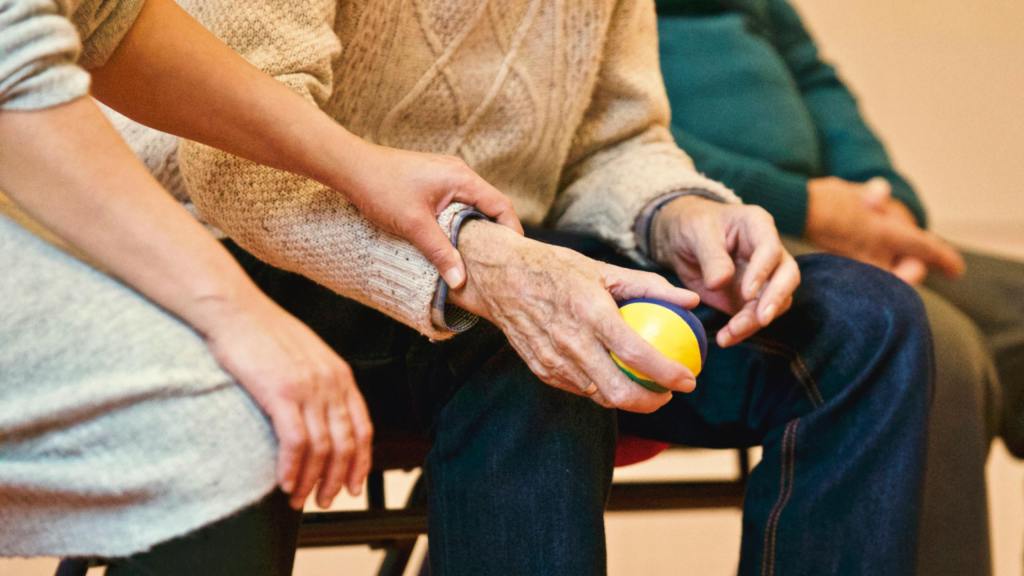
Supporting Families in End of Life Conversations
- Make sure it’s a quiet place free from distraction. Turn phones off, alert the staff or potential visitors to the need for privacy.
- Close the door/ pull the curtain, find a separate room.
- Don’t push the conversation. Assess the comfort level of the individual, as it may be necessary to ask some family members for a few minutes alone.
- Pull up a Chair – sit at eye level to the individual you are speaking with.
- Assess what the individual/family already know & understand.
- Ask their views about the current situation.
- Discuss with the individual their overall hopes and goals for the remainder of time they will be living.
- Review treatment options and preferences.
- Be prepared for emotions.
- Do not overwhelm the individual/family with too much information in one sitting.
- Share small pieces at a time, be sure the individual wants details before you provide them.
- Pause to allow for questions or clarification, such as: Is this making sense to you? Do you understand what has been explained so far?
- Discuss decisions that may need to be made now or in the near future.
- Summarize the main points.
- Incorporate the individual and family’s concerns and viewpoints.
- Review additional information that is needed.
- Identify coping strategies and sources of support.
- Make a plan to follow-up or meet again as appropriate.
More insights like this:
-

Helping an Aging Loved One Through Declining Mental Health
Read more: Helping an Aging Loved One Through Declining Mental HealthMental health challenges can impact anyone at any time of life. However, older adults tend to be more vulnerable to depression and other mental illnesses, on average, with 14% of adults aged 60 or older suffering from a mental disorder. “If you recognize or hear from a loved one that their day-to-day life is significantly…
-

Delirium vs. Dementia: Causes, Symptoms, Treatments, and Preventative Measures
Read more: Delirium vs. Dementia: Causes, Symptoms, Treatments, and Preventative MeasuresFeelings of confusion, difficulty focusing, and memory loss can have many causes and, especially in older adults, can be hard to tell apart from more typical signs of aging. Delirium is a disturbance in mental abilities, resulting in confused thinking and reduced awareness of one’s environment. Symptoms of delirium typically come on quickly,…
-

7 Immune System Booster Tips for Seniors
Read more: 7 Immune System Booster Tips for SeniorsThe immune system is the body’s first line of defense against viruses and infections, but the aging process can weaken the immune system. Throughout the COVID-19 pandemic, this became an increased concern for the caregivers of older or immunocompromised adults, as the risk of more severe symptoms and outcomes was much higher in these…